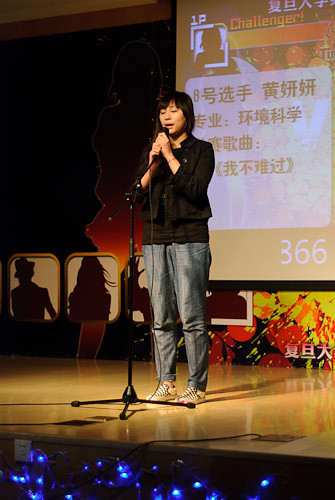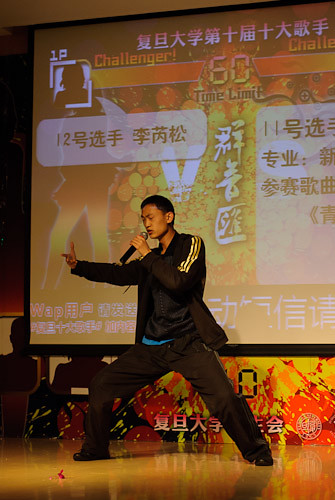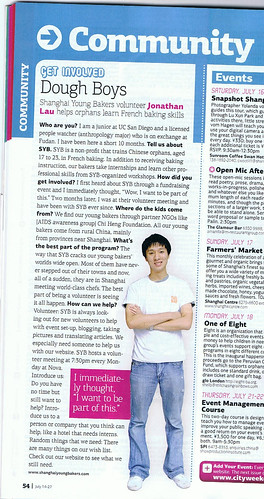This is the second post for the 500 Interns Competition and one of the 3 posts for 30 companies(#3for30) explaining why I would be the ideal start up intern. All 3for30 posts can be found on my 500 Interns Competition page. A quick look at my work experience will show that I have spent the majority of my employment in nonprofits. Questions of how significant my work experience is to a startup are bound to come up. From what I have read, startups place a great emphasis on whether or not the applicant fits into their culture. Great talent means little if it cannot mesh with the environment, which is why my nonprofit experience makes me the ideal startup intern.
In this post, I will discuss how my work experience in nonprofits has enculturated me to the many aspects of startup culture.
To be clear, by nonprofit, I am referring your local small time nonprofit organization. The small organizations that are putting the boots on the ground and doing the grunt work. I am not referring to the large international and national organizations that have their ongoing existence guaranteed.
Importance of vision
Working in a small nonprofit and in a startup is similar as both cultures are built around a strong vision. Recruiting volunteers and gathering funding is possible only with a clearly articulated vision. In essence, a strong vision that is easily shared is how nonprofits gain traction in a community.
On a similar note, staying onboard and motivated poses a unique challenge in a nonprofit. There is no way to sugarcoat it, the pay at nonprofits is terrible which means that the reason most people go to work is out the window. Much like startups, people who work at nonprofits do so because they believe in the organization. I had given up my job at UCTV which paid me twice my stipend for half the working hours because I believed in what CAUSE was doing and I loved the team that I was working with. My nonprofit experience has shown me that work is not about the money and when times get tough, to dig deep and remember the vision.
While working a few gigs in Shanghai at organizations whose visions I was not very excited about for the sake of my resume, I realized that it is not just about selling the dream to others but also believing it yourself. Working at a nonprofit or startup is not just a job, it is a dream and one that is larger than yourself. My desire to share in such a larger dream is another reason why I would be the ideal startup intern.
Size matters
During my CASIC internship, I worked with a team of ten interns, one executive director, half of a programs coordinator (part-time) and the chairman; that was whole nonprofit and I would not have had it any other way. Small organizations have a unique culture full of people who wear multiple hats, which I love. I would start the day writing a press release, transition into learning InDesign to design a handbook and then ending the day at a networking event as a representative of the nonprofit.
In addition to wearing multiple hats, I worked closely with the chair of the nonprofit, who also is one of the largest if not the largest donor. Accountability was always a major issue and most of the time, the buck stopped with me since I was the team leader. In addition, I was interacting with many of CAUSE’s donors and board members, people who had sway over the future of the nonprofit. In short, I am very comfortable working closely with the people who decide the fate of the organization.
I find comfort in the culture of flexibility and close accountability that only exists in small organizations like startups. My embrace of these cultural aspects of a startup is what will make me the ideal startup intern.
Craving Creativity and Improvisation
Lean startups and small nonprofits work with a similar budget mindset by which I mean a budget full of creative improvisations. Life at a small nonprofit is about thinking quickly on your feet and leveraging the resources and connections you have to achieve your goal. Improvisation took on a whole new level for me during my time at Shanghai Young Bakers, a nonprofit that trains Chinese orphans in French baking. Whether it was something as simple as trying to score a free color printer or figuring out how to run an event where the EU Agricultural Commission will be attending, creativity and improvisation was the key to success when money was tight.
Creativity and improvisation are things that I now crave in my work environments. I am never quite happy unless I am finding a way to think outside the box and the more mischievous the better! This craving of mine forged in my work with nonprofits pairs well with the startup culture, which is why I believe I would make the ideal startup intern.
Conclusion
As an anthropology major, I understand the importance of culture, which is why I was inspired to write this blog post about qualities that fit with my understanding of startup culture. Qualities that I have gained through my work experience in small nonprofits.


